>> What to do to "revive" traditional markets?
Many small traders close their stalls.
Arriving at Yen Bai market on the morning of June 12, in contrast to the bustling scene of buyers and sellers like before, the atmosphere of buying and selling was deserted when a series of stalls selling clothes, shoes, accessories, bags, hats, and essential items such as MSG, fish sauce, seasoning powder... in the market were closed and stopped doing business.
Currently, out of 488 Yen Bai market points, 84 points have closed due to business losses and currently on the 2nd floor of the market, nearly 100% of clothing stalls are temporarily closed.
Through actual research, small traders said that the situation of stalls being closed has occurred in the past ten days because they are worried about the authorities checking invoices and documents of input goods and are confused by the policy of switching from lump-sum tax to tax collection based on actual revenue, issuing electronic invoices generated from cash registers connected to data with tax authorities.
Ms. Hau Thi Luong - a clothing trader who has been selling clothes at Yen Bai market for more than 20 years said: "We do business here in the traditional way, with annual taxes and fully comply with legal regulations. Due to the nature of trading goods in traditional markets, it is difficult to get input invoices and documents, so we hope that the relevant authorities will have appropriate implementation and specific instructions so that we can comply with regulations and ensure long-term business."
According to traders at Yen Bai market, trading and importing goods at the market has been done in the traditional way, so invoices are not paid much attention; goods are imported in small quantities from many sources, so it is difficult to get input invoices. Therefore, traders hope that the authorities will provide specific instructions and have a time and roadmap for implementation.
Ms. Nguyen Thi Hien, a grocery seller at Yen Bai market, shared: "I have been doing business here for more than 30 years but selling goods in the traditional way, using handwritten invoices, so I really do not understand electronic invoices. Therefore, when applying the new regulations, not only me but many other people in the market are worried about how to implement them. For example, can goods sold in packs of MSG or kilograms of rice be issued with electronic invoices? Or if customers buy and then return the goods, how can they adjust the invoices? Currently, no one in this market wants to close, but if the inspection teams suddenly come while the required procedures have not been completed, everyone is afraid of having their goods confiscated."
Propaganda, support, and remove difficulties for business households
In recent times, authorities have discovered a series of fake, counterfeit, and poor quality goods and have strictly handled them from production facilities, preventing them from the "source" so that counterfeit goods do not enter the market, especially goods that directly affect consumers' health such as: food, functional foods, medicines, milk, etc. Traders at Yen Bai market also agree and support.
However, currently, traders here are worried about being inspected, have difficulty proving the origin of goods as well as declaring taxes, declaring taxes via electronic invoices... so many businesses have automatically closed, thereby not only affecting their own income but also affecting people's shopping situation and the development of trade and services in the city.
Mr. Nguyen Trung Duc - Head of Yen Bai Market Management Board said: "Faced with the current situation of worried traders closing their stalls, we have propagated, explained and encouraged businesses to return to normal business to serve the consumption needs of the people; do not be confused by unofficial information. We also recommend that competent authorities propagate, guide and explain the new tax policy for businesses to understand; especially when implementing the new tax mechanism, there must be a transition period from lump-sum tax to tax collection based on actual revenue, issuing electronic invoices....".
Yen Bai Market Management Board propagates and mobilizes traders to return to normal sales
Anticipating difficulties for traditional business households, the Yen Bai - Yen Binh Inter-District Tax Team organized a conference to propagate and disseminate tax policies and continued to deploy the application of electronic invoices generated from cash registers to nearly 400 households and individuals doing business paying taxes according to the declaration method in the fields of: trade, services, food and beverage, retail of goods... in Yen Bai city.
Mr. Hoang Dinh Luc - Deputy Head of the Yen Bai - Yen Binh Inter-District Tax Team said: "We have disseminated important contents related to tax policies for business households and individuals, especially new regulations on tax declaration, payment, and invoice management according to the Tax Administration Law No. 38/2019/QH14 and guiding documents for implementation. In particular, the focus is on implementing the application of electronic invoices generated from cash registers according to the provisions of Decree No. 123/2020/ND-CP dated October 19, 2020; Decree No. 70/2025/ND-CP dated March 20, 2025 of the Government regulating invoices and vouchers; Circular 78/2021/TT-BTC guiding the implementation of a number of articles of the Management Law No. 38, Decree No. 123/2020/ND-CP regulating invoices and vouchers".
Along with the propaganda of the tax sector, implementing the Prime Minister's Official Dispatch No. 65/CD-TTg on the fight against smuggling, trade fraud, counterfeit goods, and infringement of intellectual property rights, the Market Management Department of Yen Bai province has advised on the establishment of an interdisciplinary inspection team, including market management forces, police, health , industry and trade, focusing on inspecting product groups circulating on the market that often show signs of counterfeiting such as functional foods, milk, modern medicines, etc.; at the same time, propagating and guiding traders to comply with legal regulations related to taxes, origin of goods, invoices, and documents to create a sustainable and safe business environment and accompany businesses, business households, and consumers, contributing to preventing and repelling the situation of counterfeit goods, fake goods, and poor quality goods infiltrating the market, protecting the health, rights, and legitimate interests of the people.
It can be affirmed that the fact that many traders at Yen Bai market have closed their stalls and temporarily stopped selling their goods not only disrupts business activities but also leads to many consequences. First of all, it directly affects the budget revenue from market service fees; consumers will have a shortage of goods. Business people's revenue is directly affected. According to the recommendations of the provincial authorities, the temporary closure of stalls by traders at Yen Bai market is only a temporary "avoidance". Therefore, in order to do business in the long term, people need to quickly stabilize their business, trade in goods with clear origin, source, and quality, and comply with the provisions of the law to ensure consumer rights.
Van Tuan
Source: https://baoyenbai.com.vn/215/351662/Why-many-quay-hang-o-cho-Yen-Bai-dong-cua-tieu-thuong-tam-ngung-kinh-doanh.aspx










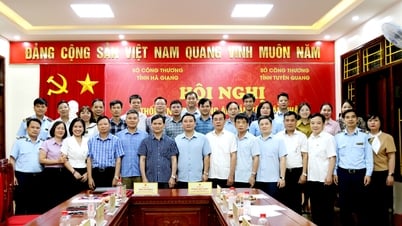











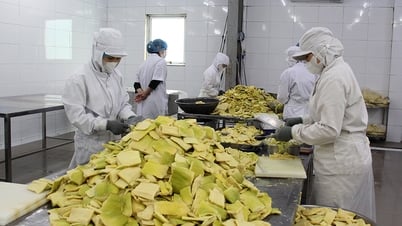



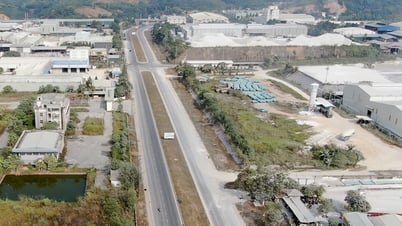
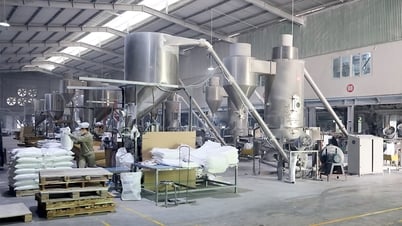





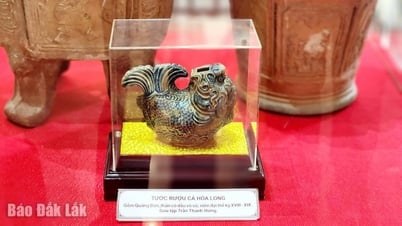





















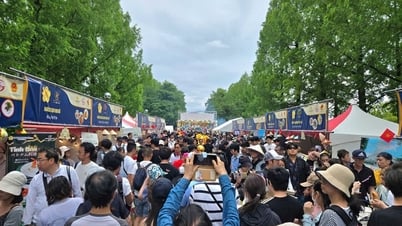









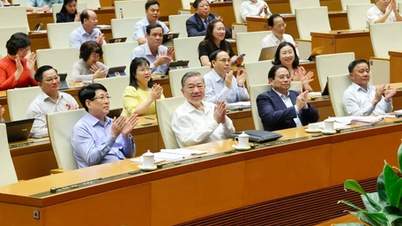








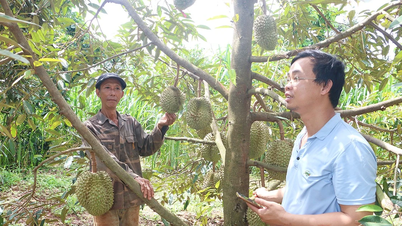

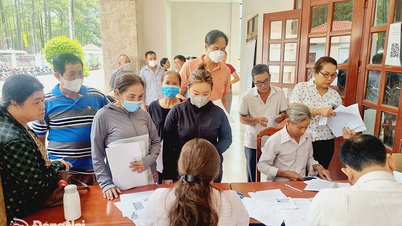




















Comment (0)